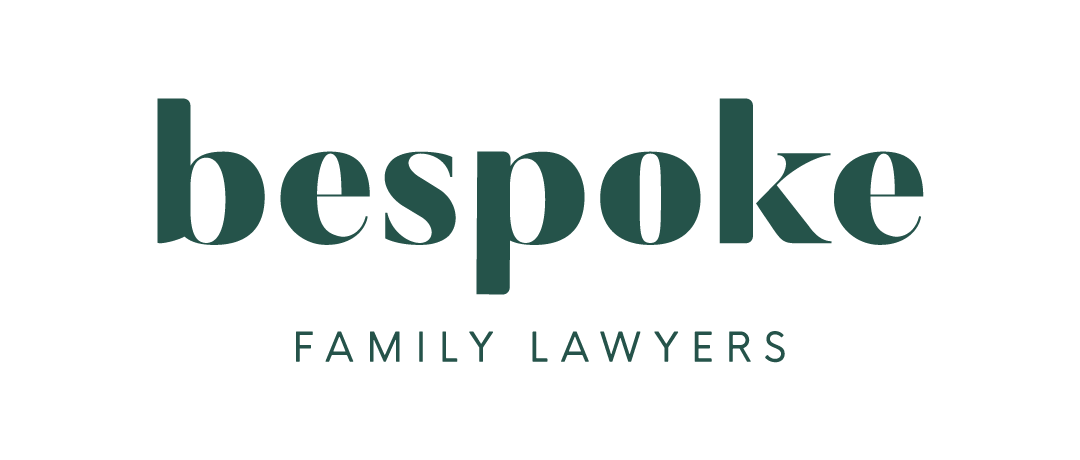Separating from your partner is stressful and emotionally draining. You may have gone through all of the drama, made your decision to leave, communicated this to your partner and come out of the other side feeling refreshed and ready to conquer the world.
However, the unfortunate consequence of a separation is that it usually doesn’t end there. From our experience working as family lawyers, we see how the legal process, such as deciding parenting arrangements or how to split up the property pool, can prolong the stress and uncertainty of separation.
You might be relieved to hear that it is only a very small percentage of separated families who end up filing Court proceedings and an even smaller percentage whose matters proceed all the way to trial.
There are numerous other options available for you and your Ex to resolve the conflict and uncertainty that arises after separation, and many of these will lead to an outcome where you can put the past behind you more quickly so you can move forward.
There are several pathways you can take to achieve a resolution, which we discuss below.
Pathway One: Negotiation between you and your Ex
If you and your Ex have an amicable relationship and can communicate well with each other, then you may be able to come to an agreement without the assistance of lawyers, mediators or judges.
The advantage of this pathway is that it is quick, cost effective and may lead to a more amicable long-term co-parenting relationship between you and your Ex.
The disadvantage of this pathway is that you may not be aware of your legal position while you are undertaking negotiations and may agree to something that is outside your range of entitlement or something that is impractical in the longer term.
However, this is easily fixed by consulting a lawyer prior to reaching a final agreement with your Ex. Family lawyers regularly give advice and assist parties to engage in direct discussions and negotiations. We will then assist the parties with formalising the agreement reached so everyone has clarity on the agreed terms.
Pathway Two: Negotiations with the assistance of a lawyer
If you and your Ex are unable to reach an agreement among yourselves, then it may be time to consult a family lawyer. Your lawyer and your Ex’s lawyer can facilitate the negotiations. This will most commonly involve offers of settlement and discussions of issues being passed between the two lawyers in writing, over the telephone or in person.
Pathway Three: Roundtable conference
If both party’s lawyers work collaboratively, then they may be able to arrange a roundtable conference to discuss the outstanding issues and attempt to reach an agreement.
This is where you, your lawyer, your Ex and your Ex’s lawyer all sit down together to discuss the issues in an effort to reach an outcome that is agreeable to each party.
How these discussions occur will depend on the situation and will be adapted to each situation having regard to the level of conflict, the dynamic between the parties and the issues to be discussed.
The advantage of this option is that it allows for other experts to participate if needed, such as accountants and financial advisors. It also minimises the legal costs involved in backward and forward correspondence between the lawyers.
Pathway Four: Collaborative Law
This pathway is similar to the roundtable conference however, it is a formal agreement between the parties to engage in a collaborative law process to resolve the matter and each party agrees not to initiate or threaten to initiate court proceedings.
The lawyers are trained in a collaborative practice style which is more holistic and less adversarial style than typically utilised by lawyers.
The collaborative approach will involve other practitioners and experts needed to assist the parties with understanding the property pool, the parenting issues and the long-term goals of the parties. This may include a mediator, psychologist, accountant and financial advisor.
The advantage of this option is that it focuses the parties on moving forward by committing to achieving an outcome without court intervention. The disadvantage is that it can be costly.
Pathway Five: Mediation
If all informal negotiation strategies do not lead to a resolution, then it may be time for you and your partner to attend a mediation or a family dispute resolution (FDR) conference.
This is where an independent third-party acts as a go-between to narrow the issues at play, exchange offers, and facilitate a compromise agreement.
The mediator will often be an experienced family lawyer or barrister who can provide guidance to each party as to what a reasonable outcome may look like.
You are able to attend a mediation or FDR conference with a lawyer or by yourself.
If you attend with a lawyer then they will be able to offer you advice throughout the mediation, engage in negotiations and draft final documents for you and your Ex to sign if an agreement is reached.
Pathway Six: Initiating Proceedings
If you and your Ex are unable to reach an agreement after reasonable attempts to negotiate, then your matter may need to proceed through a Court process to achieve a resolution.
A Court process can be costly and take between 2 – 4 years to resolve, however in circumstances of elevated conflict or complex issues, it is appropriate to consider initiating Court proceedings as a pathway to resolve your family law matter.
How do you know what pathway will work for you?
The pathway that your matter will take will depend on you and your Ex’s attitude to resolving proceedings. Each matter is different – and it is up to you to consider what is best for you and how you would like to proceed.
Just like every solution needs to be personalised, so does the pathway that gets you to that solution.
Bespoke Family Lawyers will work with you to identify a pathway and approach that is crafted to your needs, the dynamics and personalities of the parties involved and your goals. We will attempt to use one or a combination of non-litigation approaches to achieve a solution without the cost, stress and conflict associated with going to Court.
Bespoke Family Lawyers is committed to achieving a resolution. We will use all of our tools, strategies and resources to move you out of uncertainty so you can move forward focusing on your new life and your family and work.
We value you and will work with you to craft a bespoke solution and pathway that meets your needs.
Please contact us if you would like more information on the pathways above or to book an initial consultation to discuss your family law matter. We would love to help you move forward.
***Disclaimer***
This article is for general information purposes only and does not constitute legal advice or any other professional advice.







